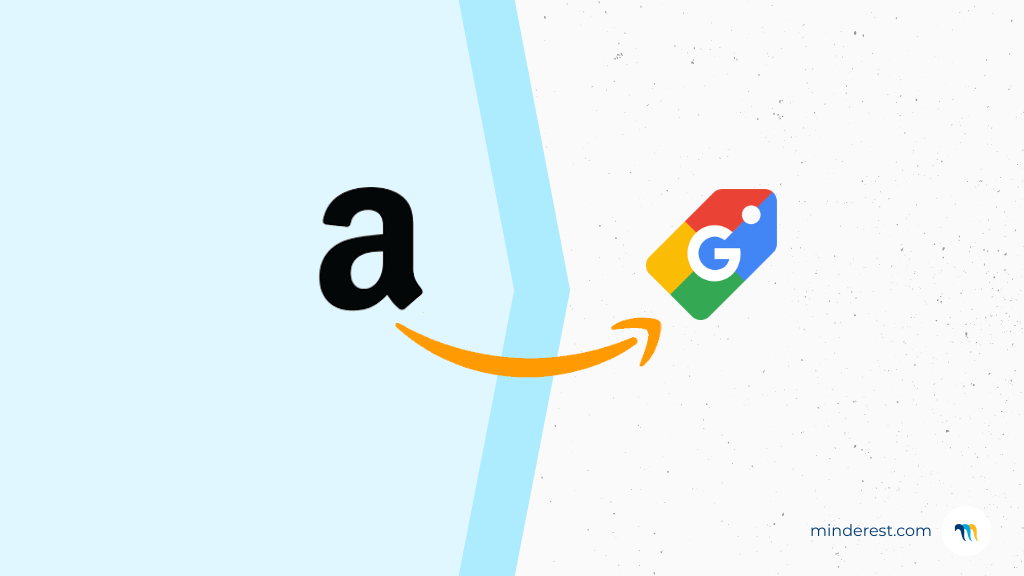

Cannibalisation is one of the most common SEO errors on a website. While it won’t directly affect the website’s operation, it’s a very important aspect to keep in mind when creating a website as well as during maintenance. In fact, a large number of websites are negatively affected by this problem, either due to their ignorance or because of old content that is no longer monitored.
What is it?
SEO or keyword cannibalisation happens when a website has several pages that are trying to position themselves using the same keyword. This means that they’re competing among themselves to achieve the best ranking.
Is it always harmful?
Not always. This is positive only if your website appears in two of the first three results when searching for a certain keyword, for example. In this case, it’s likely that the user will end up visiting your store.
What consequences does it have?
If your eCommerce website has several pages that are indexed using the same keyword, one consequence may be that search engines have a hard time knowing which is most relevant. It won’t know which to position better or may even highlight pages that are less important to your eCommerce business. As a consequence, each of these pages will have less authority as well as lower click and conversion rates, thus affecting your organic positioning and ultimately affecting your website traffic and sales.
As a result, only one of your pages with the identical keyword will end up being more relevant than the rest. If this page is key to your business, it will be affected by the others that use the same keyword and its authority will decrease. You’ll lose potential clients since they’ll end up on pages that aren’t as profitable. Here are some more complex examples of SEO cannibalism that can occur in an eCommerce business, which you should analyse carefully:
- blog articles positioned above product sheets;
- product sheets that reduce category visibility; and
- topics in forums that damage the positioning of static pages on our website.
How to know if cannibalism is affecting your website
You should evaluate your website’s content, locate where SEO cannibalisation could be happening, and carefully select new keywords so that each page points to a single term. Many paid tools will help you identify these, but here are some free tools you can use:
- Manually: identify rival elements by performing a Google search with the command site: “yourdomain.com + keyword” and it will display all of the URLs in which that keyword appears. In theory, the URL in the first position will have more authority than the rest, so you’ll have to decide which URL you want to position there.
- Google Search Console: this free tool is essential since it provides valuable data that is of interest to your eCommerce business. It will help you detect cannibalisation through keyword and URL searches, allowing you to see which elements are competing with each other.
If you’re trying to create an online store, you need to be aware that this problem exists in order to avoid it. Save yourself from additional hard work in the future by organising the content on each page of your website in an optimised manner from the star

Find out how Minderest can take your business to the next level.
Contact our pricing experts to see the platform in action.
Related Articles

AI Agents and Holiday Season: How to Adapt Your Pricing Strategy
Holiday season planning used to revolve around creative campaigns, emotional storytelling, and optimizing the user experience. However, a silent revolution is changing the rules of the game. The rise...
How Surveillance Pricing Works and Its Applications for Your Business
The term "Surveillance Pricing" might conjure images of corporate espionage and price manipulation. However, this initial perception hides one of the most sophisticated and powerful strategies in...